
Selected reviews about elderly care communities
Selected reviews about elderly care communities offer valuable insights into the experiences of residents and their families. These reviews can highlight the strengths and weaknesses of different communities, helping you make an informed decision when choosing the right care for your loved one.
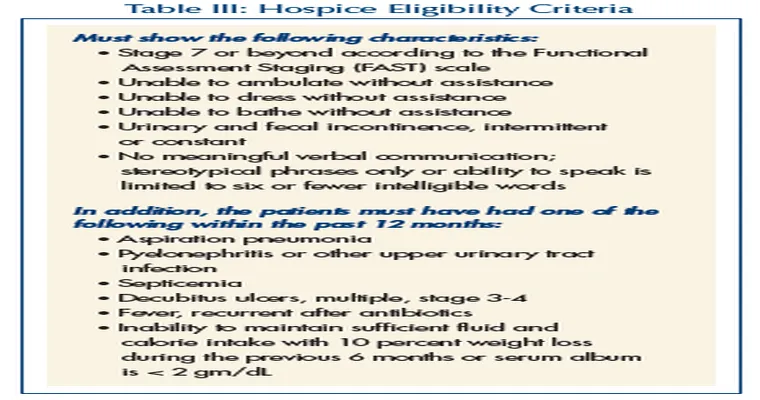
Dementia and hospice qualification...
Dementia is a progressive neurological condition that affects memory, thinking, and behavior, significantly impacting daily life. Hospice qualification for dementia patients focuses on providing compassionate end-of-life care, emphasizing comfort and quality of life. This specialized support addresses both physical and emotional needs for patients and their families during this challenging time.

Update on grandma post hospital stay...
Grandma is recovering well after her recent hospital stay. She has regained her strength and is following her doctor's advice for rehabilitation. Family visits have lifted her spirits, and she's looking forward to returning to her usual activities. We appreciate everyone's support during this time.
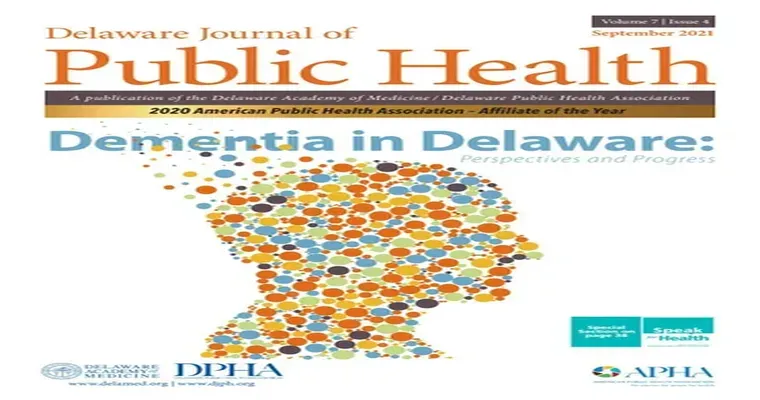
I just found out on 14 of this from my ku clinic doctor. Just told me that I am in advance stage of dementia. It will be rough.
I recently received devastating news from my doctor at the KU clinic. They've diagnosed me with advanced-stage dementia, a reality that feels overwhelming. The journey ahead seems daunting, filled with uncertainty and challenges, but I’m determined to face it with courage and seek support from loved ones along the way.

Why Do Alzheimer's Patients Forget How to Eat or Swallow?
Alzheimer's patients may struggle with eating and swallowing due to cognitive decline affecting their ability to recognize food and understand its purpose. Additionally, motor skills can deteriorate, making it challenging to coordinate the physical actions required for eating. This progression can lead to increased dependence on caregivers during mealtime.
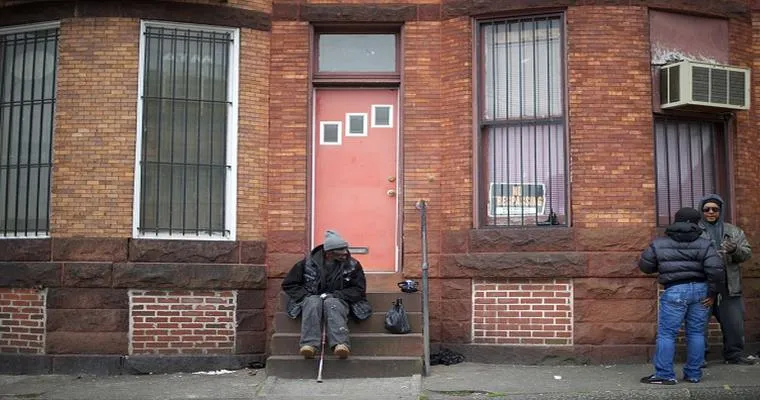
Could I lose my HUD apartment if I gain custody of my grandkids? I live in a senior building?
Gaining custody of your grandkids while living in a senior HUD apartment may impact your housing situation. Many senior housing programs have age restrictions or occupancy limits. It's essential to consult with your housing authority or program manager to understand the specific rules and potential consequences of this change in living arrangements.
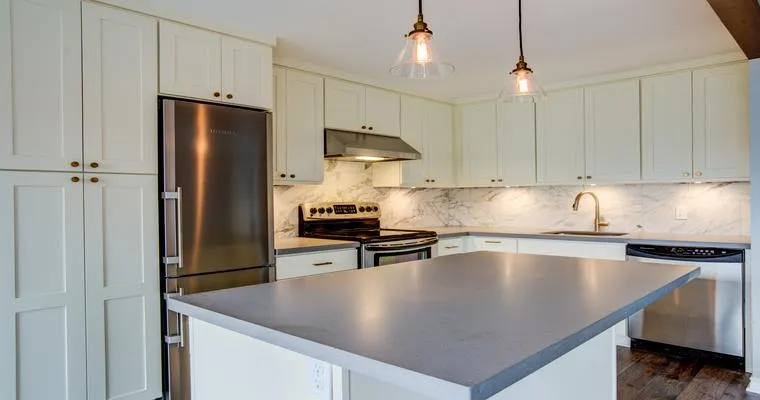
Need independent housing I can afford. Where should I look?
If you're seeking affordable independent housing, consider exploring options such as local housing authorities, community organizations, and online rental platforms. Look for subsidized housing programs, shared living arrangements, or co-housing communities. Additionally, check listings in less expensive neighborhoods or reach out to local real estate agents for guidance.
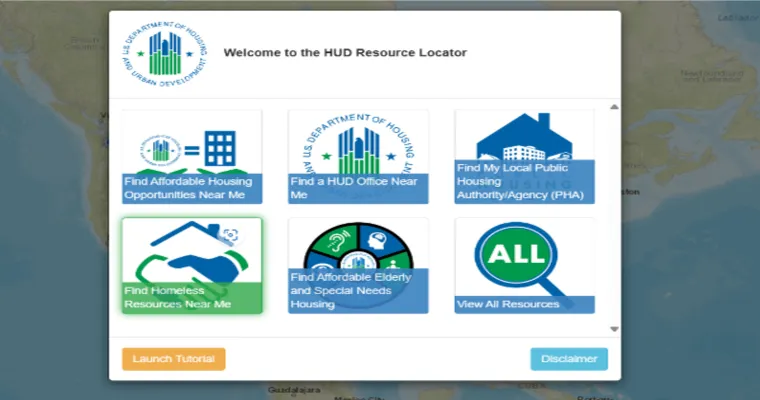
What resources are out there for a homeless, a disabled, elderly person?
Various resources are available for homeless, disabled, and elderly individuals, including shelters, food banks, healthcare services, and government assistance programs. Nonprofit organizations provide support, while community centers offer social services and job training. Accessibility programs ensure transportation and housing options, fostering independence and stability for those in need.

My dad needs help, but he's stubborn and my mom's indifferent. How can I get them to take my dad's care seriously?
Caring for a stubborn parent can be challenging, especially when another parent shows indifference. Open communication is essential; express your concerns with empathy and share specific examples of your dad's needs. Suggest involving a neutral third party, like a healthcare professional, to help convey the importance of addressing his care.
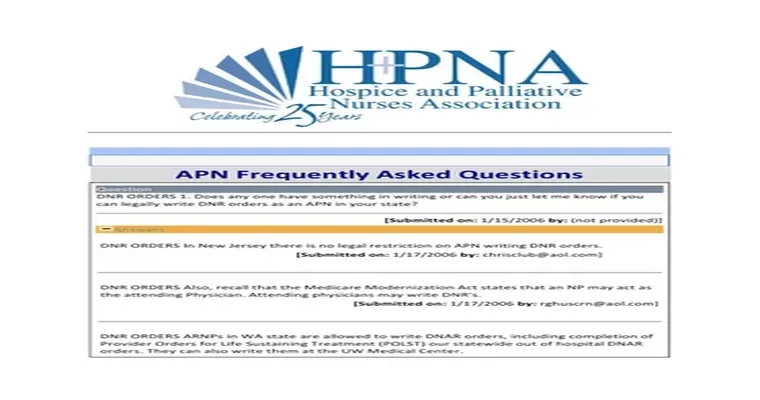
What can we do when the hospital will not send my sister to rehab after only one 23 min PT evaluation?
If the hospital refuses to send your sister to rehab after a brief physical therapy evaluation, consider advocating for a more comprehensive assessment by requesting a second opinion. You can also consult her doctor to discuss her needs, seek assistance from social workers, and explore alternative rehabilitation options or facilities.
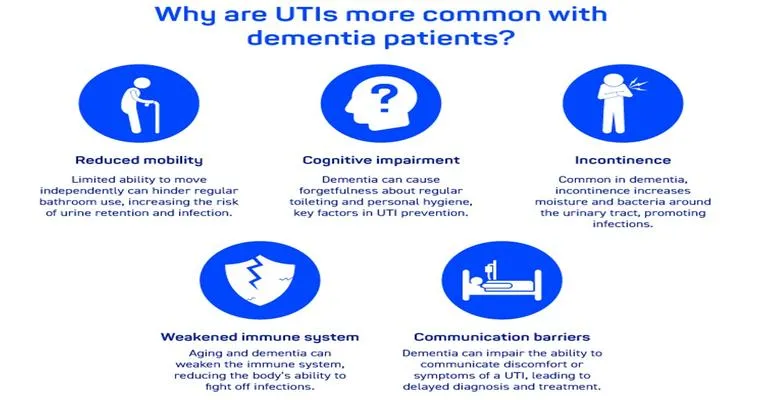
My mom was 94 with dementia she developed a UTI that we didn't catch soon enough and it caused sepsis she declined soon after. Was it my fault?
Caring for a loved one with dementia can be overwhelming, and it's easy to second-guess decisions. When my 94-year-old mom developed a UTI that led to sepsis, I grappled with feelings of guilt. Despite my efforts, I wondered if I could have done something differently to prevent her decline.
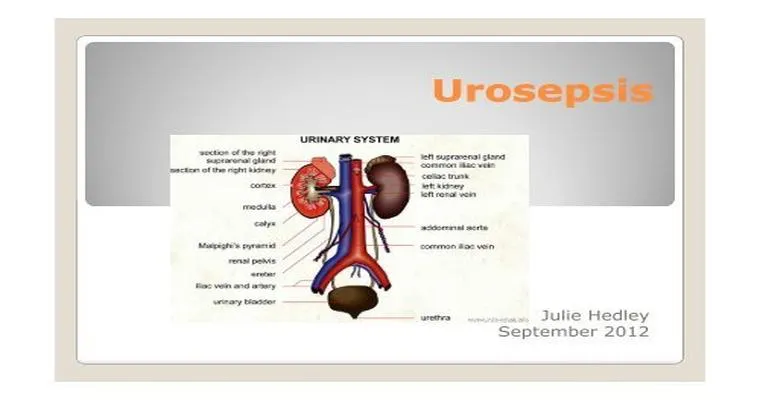
Urosepsis and confusion.
Urosepsis is a severe infection originating from the urinary tract that can lead to systemic inflammation and organ dysfunction. Confusion often arises as a symptom, particularly in older adults, due to the body's response to infection and potential changes in mental status from fever, dehydration, or metabolic imbalances.

Things really changed this week.
This week brought unexpected shifts in various aspects of life, altering routines and perspectives. New developments in technology, social dynamics, and environmental issues sparked conversations and prompted reflections on priorities. As people adapted to these changes, a sense of uncertainty mingled with optimism, highlighting resilience in the face of evolving circumstances.

Neglect, refusal to re-admit.
Neglect refers to the failure to provide necessary care, support, or attention, often resulting in harm or distress. Refusal to re-admit involves denying access or reintegration to an individual who may need assistance or services, further exacerbating their vulnerability and potentially leading to negative outcomes for their well-being.

My mom was med flight to another hospital Monday morning I didn’t find out until I called the nursing home.
My mom was airlifted to another hospital on Monday morning, and I only discovered this when I called the nursing home. The news was shocking and unsettling, leaving me worried about her condition and the reasons behind the sudden transfer. I felt a rush of concern and urgency to be there for her.

Mom is dying.
As her health declines, a daughter grapples with the impending loss of her mother. Memories flood her mind, filled with laughter and warmth, contrasting the harsh reality of their fragile time together. Each moment becomes precious, a bittersweet reminder of love, vulnerability, and the inevitable passage of life.
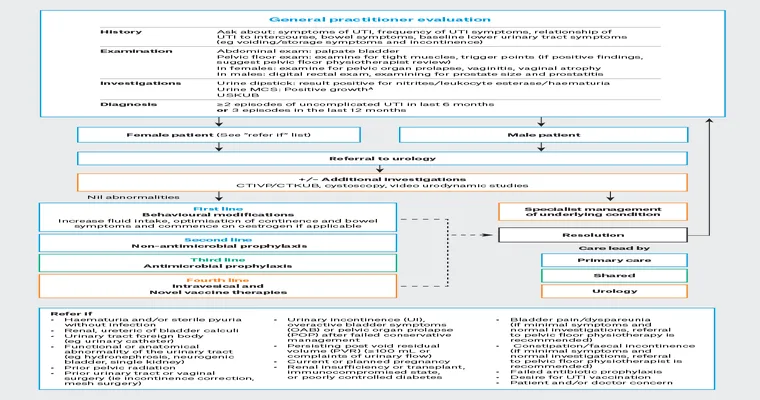
Advice on handling a chronic UTI?
Managing a chronic UTI involves maintaining good hydration, practicing proper hygiene, and avoiding irritants like certain soaps and hygiene products. Regular consultations with a healthcare provider are essential for personalized treatment plans, which may include antibiotics or preventive measures. Lifestyle adjustments, such as a balanced diet and avoiding tight clothing, can also help.
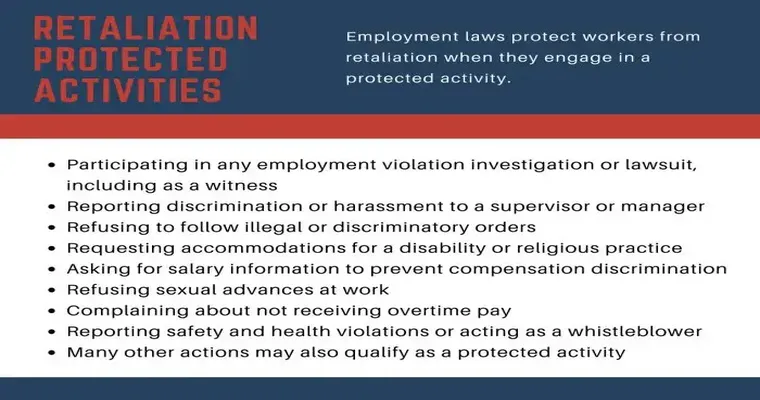
NH residents worried about retaliation from staff.
Residents in New Hampshire express concerns about potential retaliation from staff when voicing complaints or issues. This fear creates an atmosphere of silence, hindering open communication and trust between residents and caregivers. Many individuals worry that speaking up could lead to negative consequences, impacting their care and overall well-being.

Another outside the box facility.
Another outside the box facility redefines traditional spaces by blending creativity with functionality. Designed to inspire innovation, it features versatile areas for collaboration, relaxation, and exploration. This unique environment encourages diverse activities, fostering a vibrant community where ideas flourish and unconventional solutions emerge, making it a hub for modern thinkers and creators.
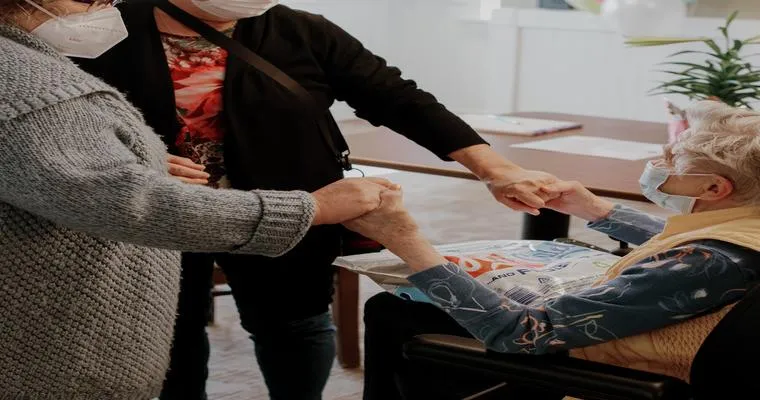
Care Today: Not Your Grandma's Dreaded Nursing Home.
Care Today redefines the traditional nursing home experience by offering a vibrant, community-oriented environment that prioritizes comfort and independence. With modern amenities, personalized care, and engaging activities, it transforms elder care into a fulfilling lifestyle choice, ensuring residents enjoy their golden years with dignity and joy.

For discussions please. Once again trying to stop the endless nursing home bashing.
The article addresses the ongoing criticism faced by nursing homes, urging a more balanced perspective. It highlights the dedication of staff and the complexities of care provided, emphasizing the need for constructive discussions rather than negative generalizations. The goal is to foster understanding and support for these essential facilities.
Page 15 of 134